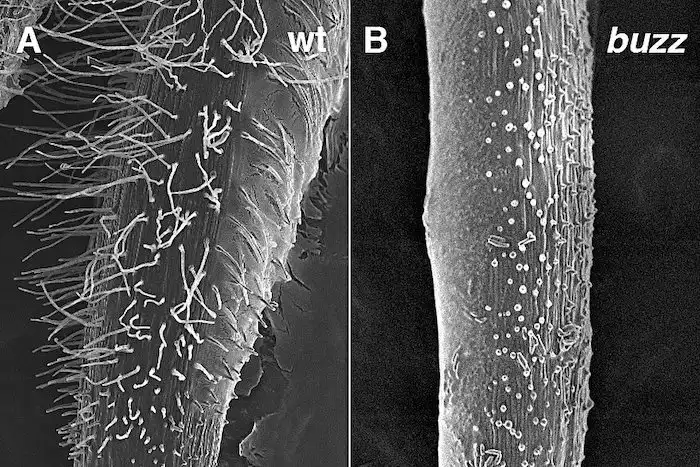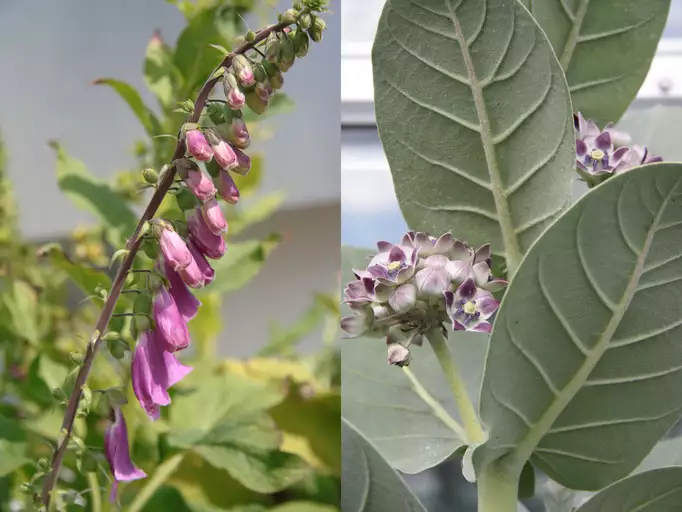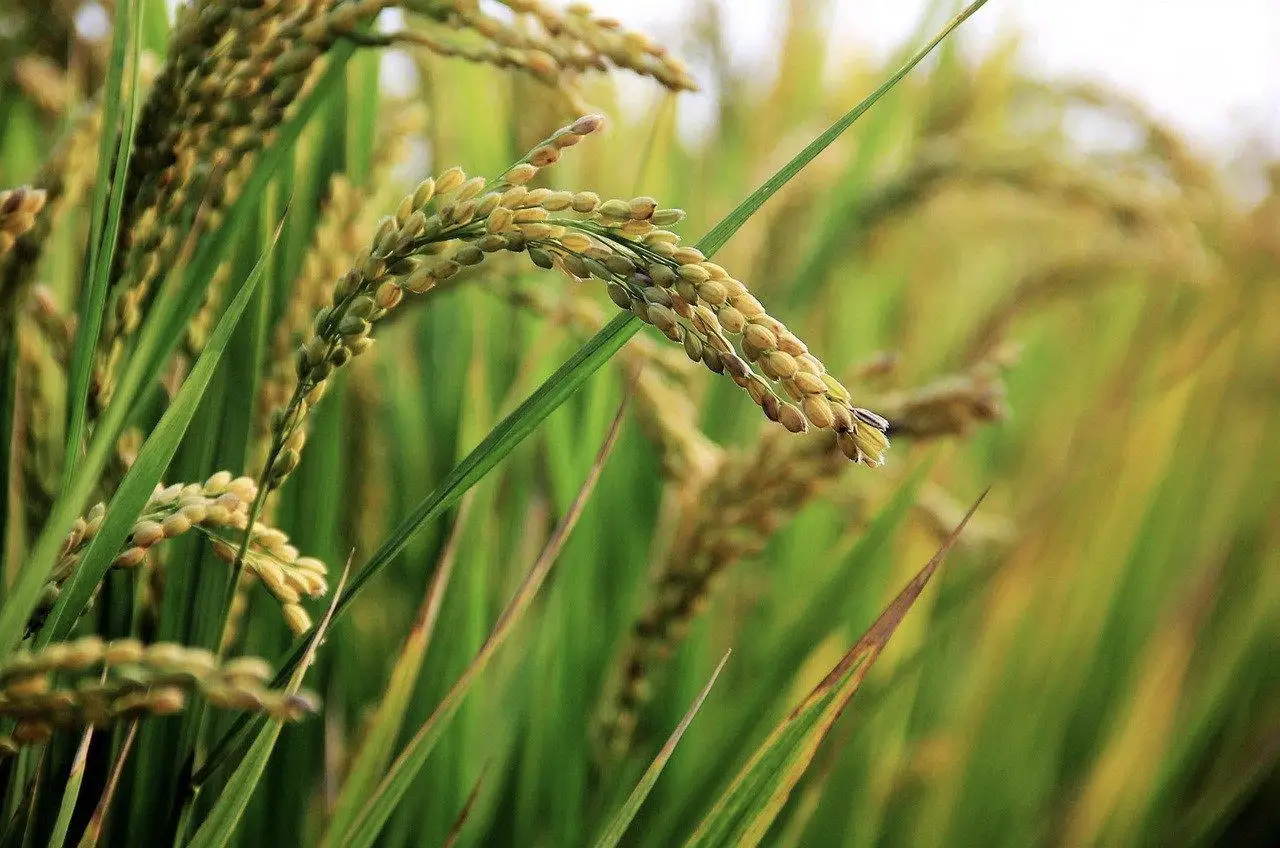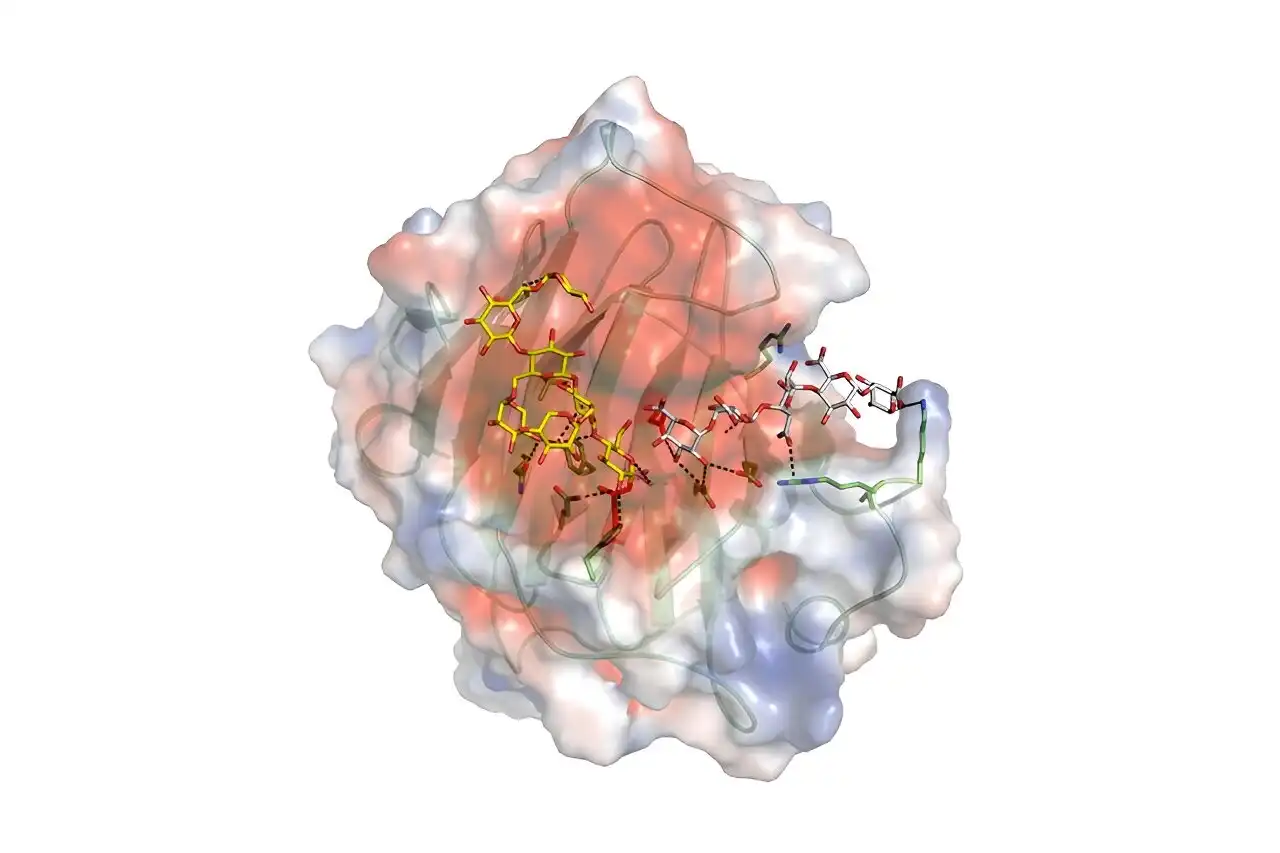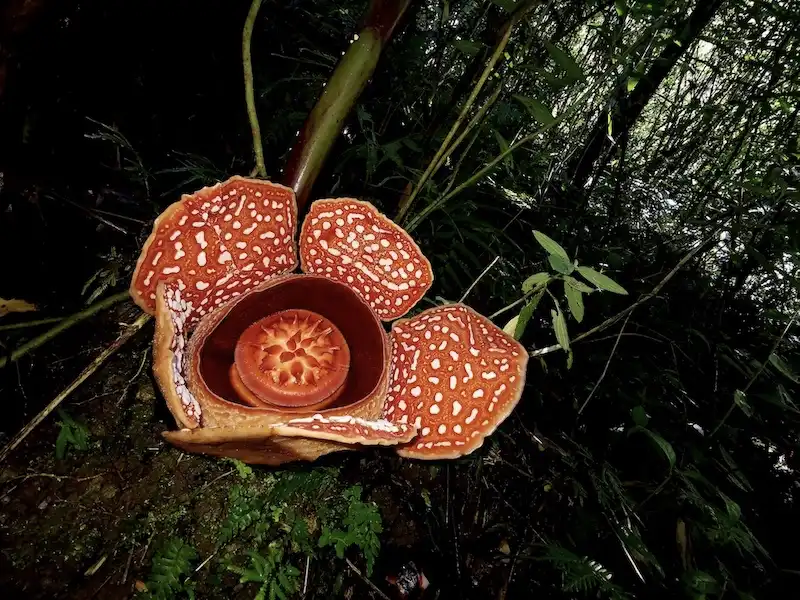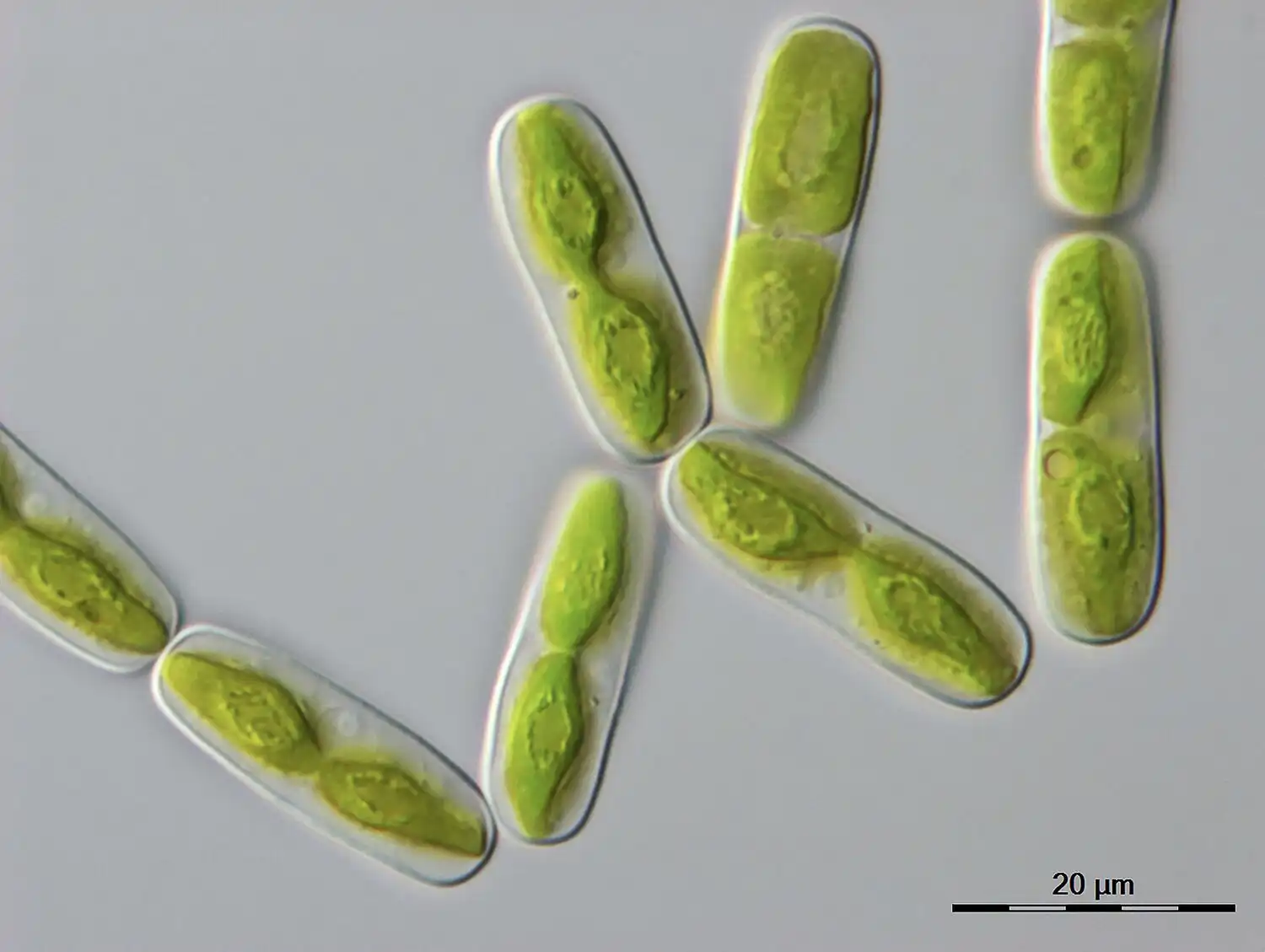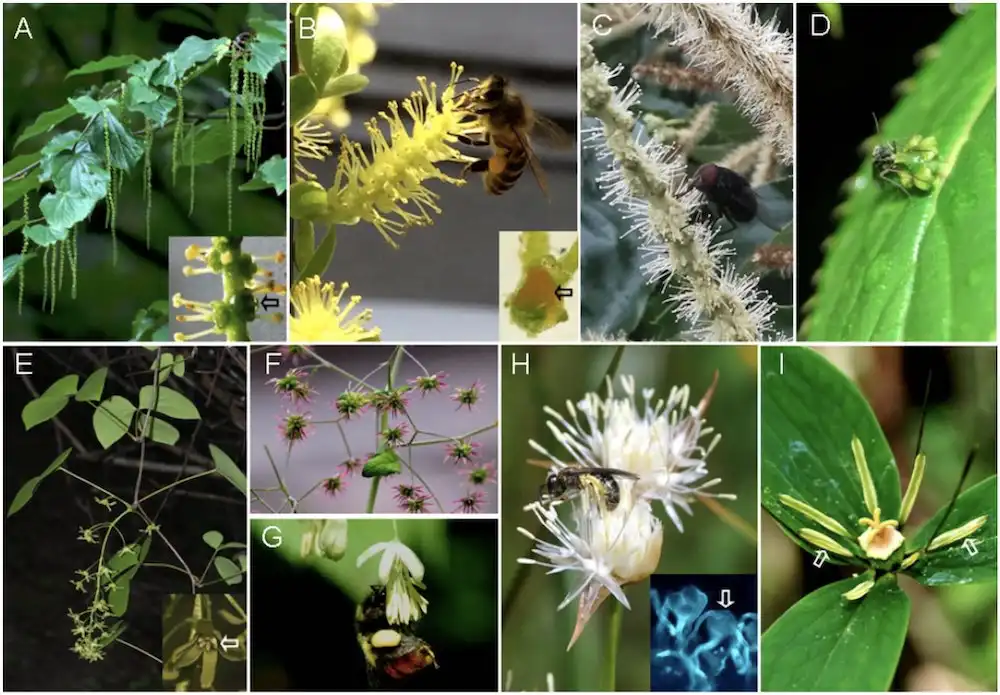
Male sterility in plants enhances breeding and hybrid crop production. The elusive Sanming Dominant Genic Male Sterile (SDGMS) Rice, discovered in 2001, offered stable male sterility. Scientists recently unraveled the SDGMS gene’s mechanism. They found that in sterile plants, a retrotransposon triggers SDGMS expression in tapetal cells, causing male sterility. This discovery highlights the importance of transposable elements in genome evolution and the utility of SDGMS rice for efficient breeding without manual emasculation.


